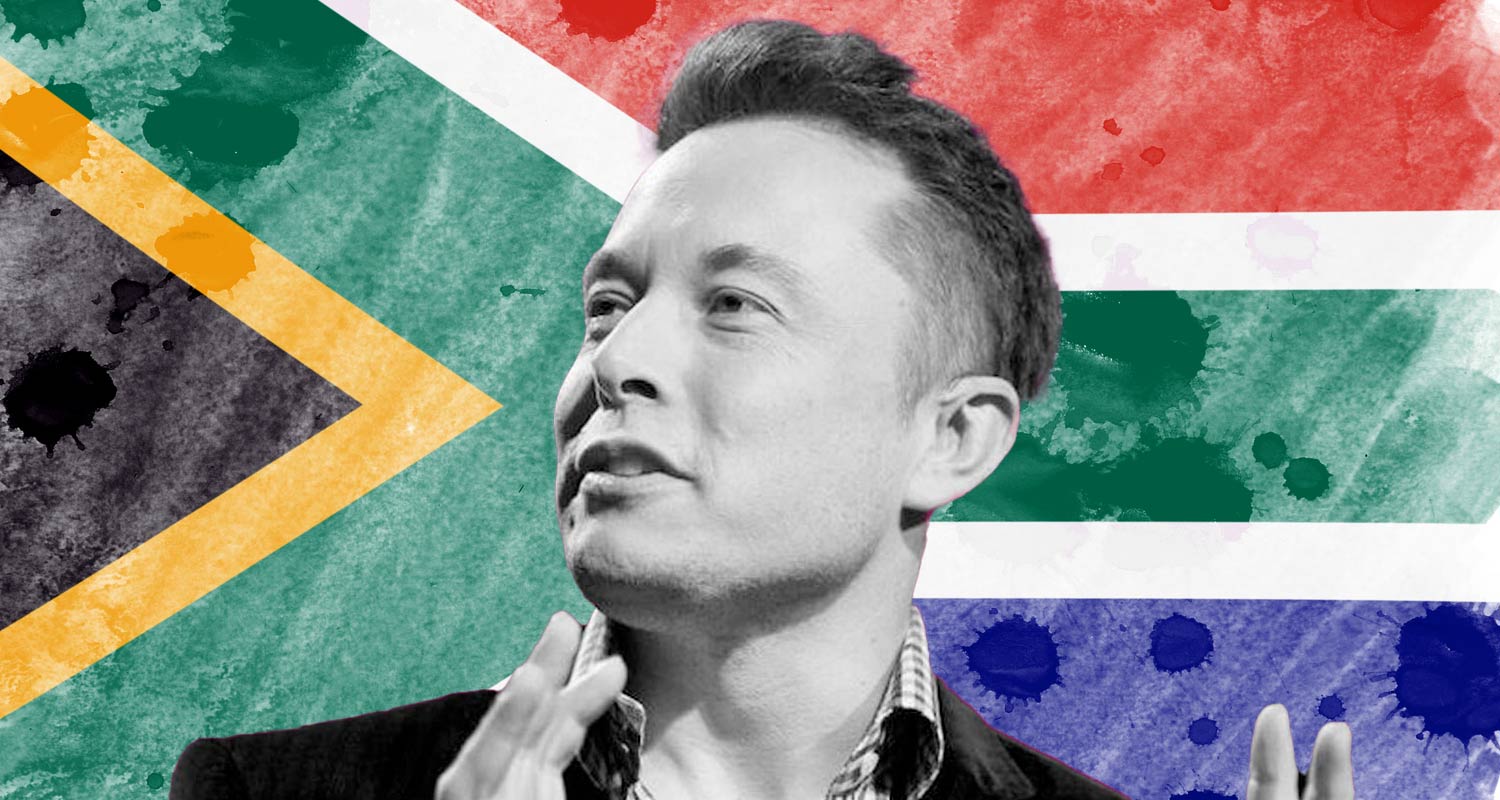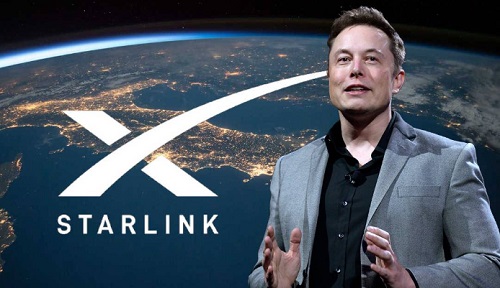
Elon Musk’s satellite internet venture, Starlink, has made significant strides across several African countries yet, it remains notably absent in his native South Africa.
- Starlink has made significant strides in Africa, but is notably absent in South Africa
- Regulatory policies in South Africa are posing challenges for Starlink, as the company must obtain network and service licenses
- Elon Musk has identified this as a major barrier for Starlink’s operation in South Africa
Since its launch, Starlink has emerged as one of the leading satellite internet providers globally, serving millions of customers across Africa and beyond.
But in a surprising twist, the service has yet to launch in Musk’s home country, South Africa
A recent BBC inquiry reveals that Starlink is facing significant challenges in South Africa, Elon Musk’s home country, due to regulatory policies.
DON’T MISS THIS: CBEX: Interpol to aid in the investigation of one of Nigeria’s largest Ponzi schemes
To operate, the company must obtain network and service licenses, which require 30% ownership by historically disadvantaged groups, primarily South Africa’s black population.
Musk, born in South Africa, has identified this as a major barrier for Starlink. He argued that these black empowerment provisions exclude many foreign satellite operators.

“Starlink can’t get a license to operate in South Africa simply because I’m not black.” Musk is quoted as saying by the BBC.
However, Clayson Monyela, a spokesperson for South Africa’s foreign ministry, countered this, pointing out that over 600 U.S. companies, including Microsoft, operate in South Africa without being affected by the same laws.
Recall last year, South African President Cyril Ramaphosa met with Elon Musk in New York, calling the meeting a “great” opportunity to discuss potential investments in the country.
While Musk has shown interest in investing in South Africa, no concrete agreements have been reached so far.
Starlink’s footprint in Africa
Starlink is rapidly expanding its satellite internet services in Africa, with Guinea-Bissau and Somalia among the latest countries to approve the service.
Since launching in Nigeria in January 2023, Starlink has grown to operate in at least 18 African countries, including Niger, Liberia and Rwanda. However, the company still faces regulatory challenges in some countries.
In Lesotho, Starlink initially encountered hurdles but recently secured a 10-year operating license amid diplomatic tensions between the US and Lesotho.
DON’T MISS THIS: Africa2Moon project: Africa’s moon mission could be closer than we think
Starlink’s absence from South Africa—the continent’s most industrialized economy—could limit its growth in Africa.
The country offers strong revenue potential due to its advanced infrastructure and large user base.
Missing this market not only affects subscriber numbers and revenue but also weakens Starlink’s regional influence. It also raises concerns about the company’s ability to navigate local regulations, especially given Elon Musk’s ties to the country.












